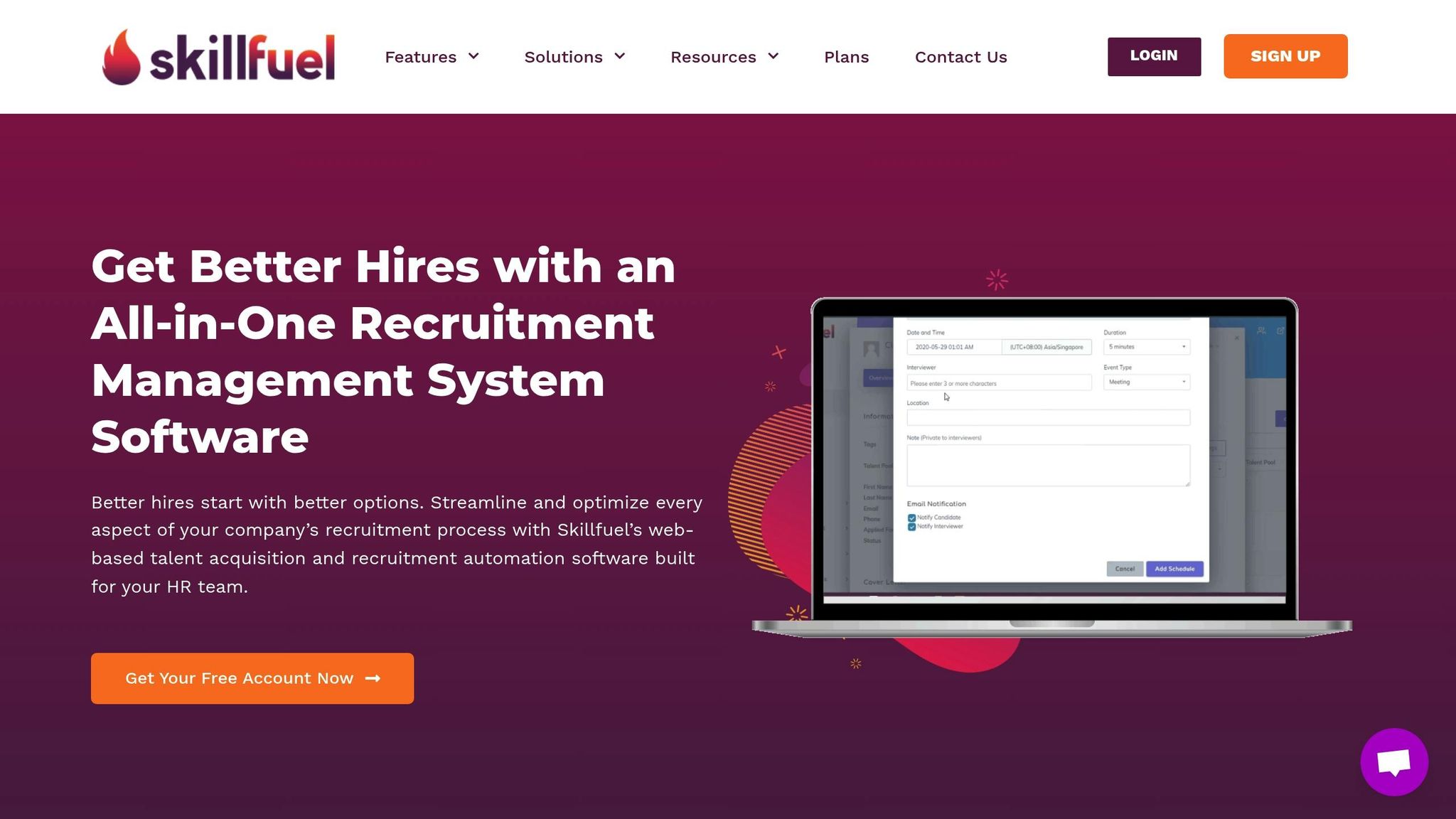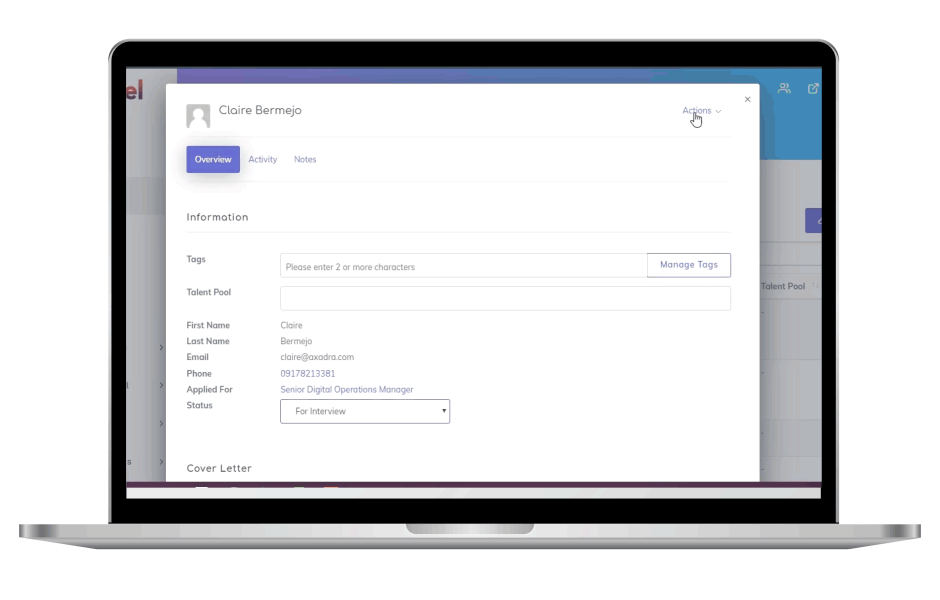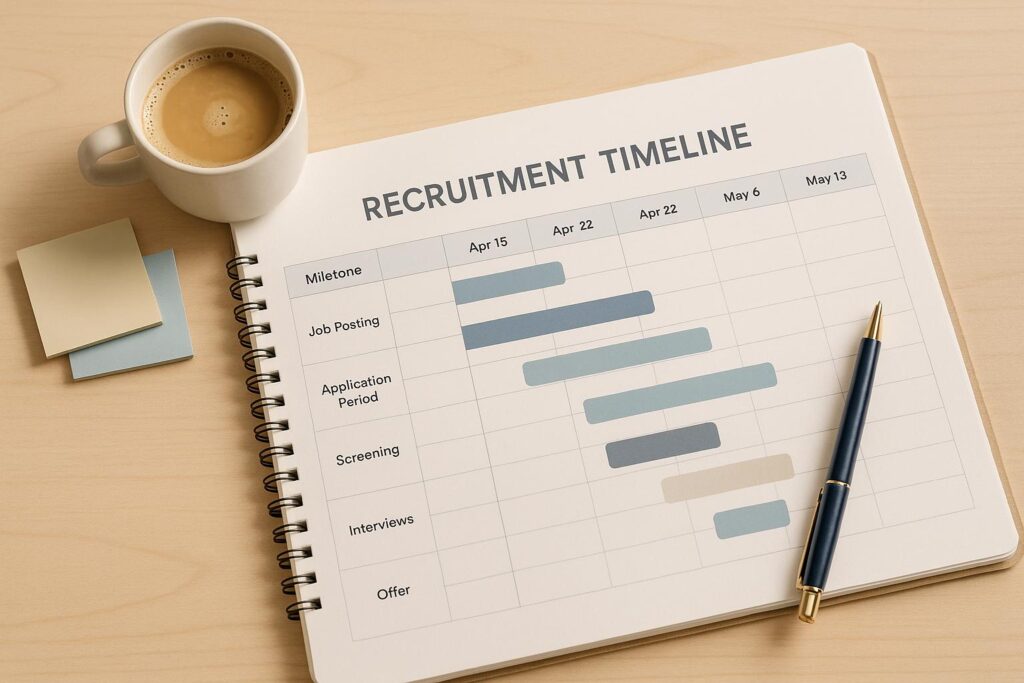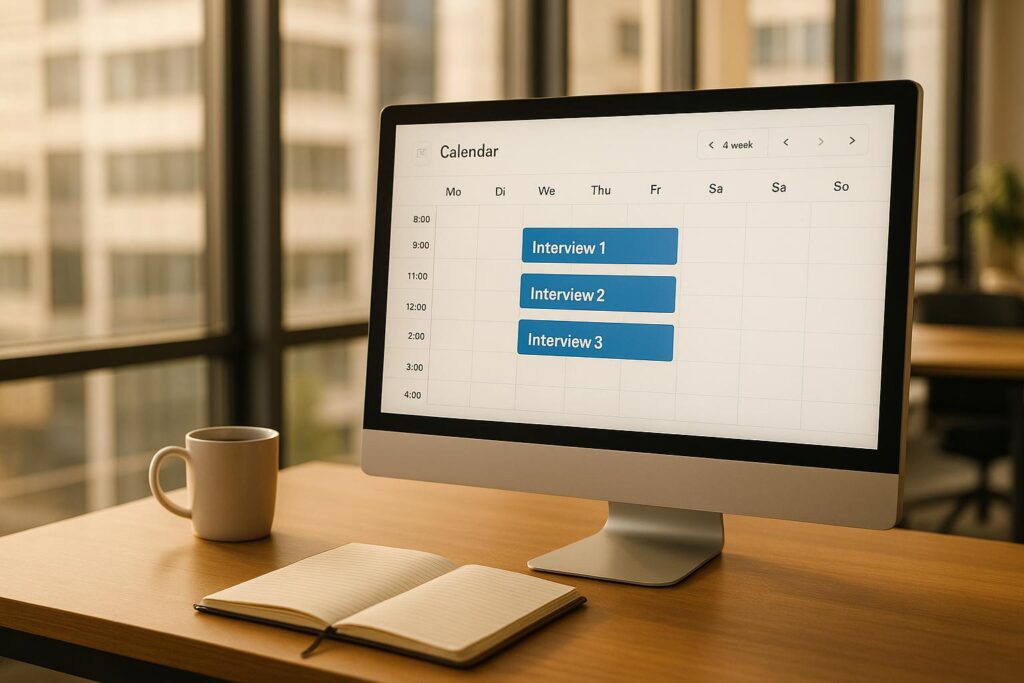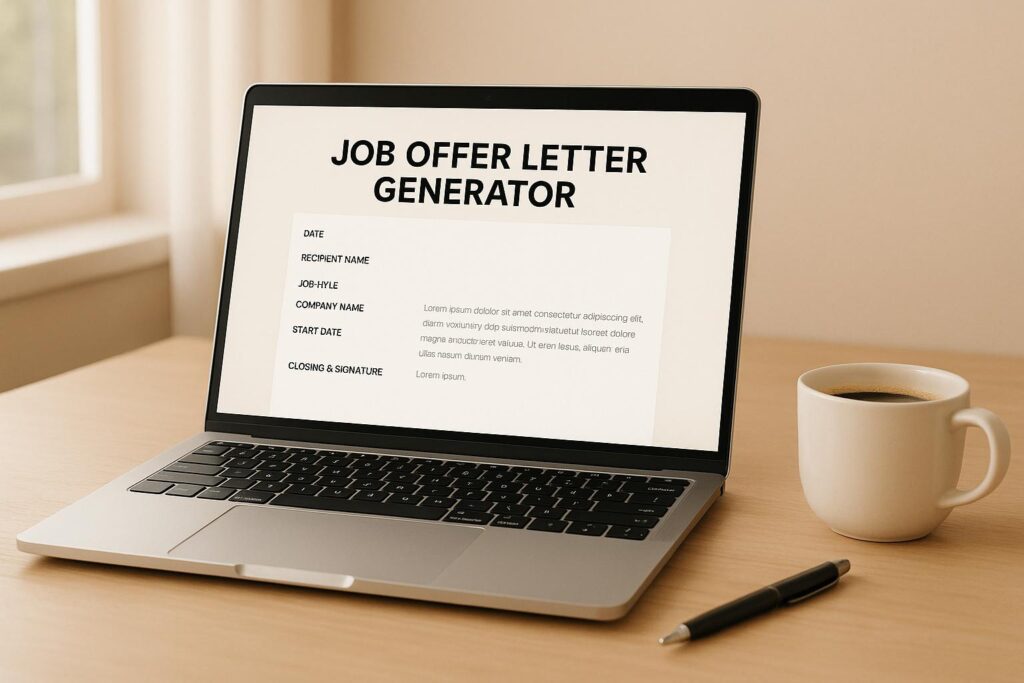Navigating Egypt’s immigration laws is critical for U.S. employers managing talent in the region. Non-compliance can lead to fines ranging from $400 to $2,000 per violation, operational disruptions, and reputational damage. Recent updates to Egypt’s labor laws (effective September 2025) have introduced stricter requirements, including dual work visa and work permit processes, extended documentation needs, and increased inspections.
Key takeaways for HR teams include:
- Work Authorization: Both a work visa and a work permit are mandatory for foreign employees.
- Processing Time: Expect 2–3 months to complete the application process.
- Required Documents: Employment contracts, academic credentials, medical and security clearances, and more.
- Employer Obligations: Justify hiring foreign nationals over local talent, track permit renewals, and comply with inspections.
- Penalties: Fines for violations now range from $400 to $2,000 and double for repeat offenses.
To simplify compliance, tools like Skillfuel can centralize document management, automate renewal tracking, and streamline workflows. Staying proactive with compliance efforts ensures smoother operations and avoids costly penalties.
Egypt Immigration Explained – Work Permits, Quotas and Corporate Compliance
Work Visa and Permit Requirements in Egypt
To legally work in Egypt, foreign nationals must secure both a work visa and a work permit. These two documents serve distinct purposes and are essential for compliance with the country’s immigration laws. Let’s break down the differences and requirements for each.
Work Visa vs. Work Permit: Key Differences
A work visa allows foreign nationals to enter and reside in Egypt, while a work permit – issued by the Ministry of Manpower – grants official permission to work in a specific role for a designated employer. Both are mandatory, and working without them can lead to fines or other legal consequences.
Egypt offers several types of work visas based on the nature of employment:
- Temporary Work Visas: For contracts lasting up to one year.
- Long-Term Work Visas: For contracts exceeding one year.
- Special Category Work Visas: Reserved for government-approved projects or roles with international organizations.
Work permits, on the other hand, are tied to the employer and job role. They are valid for one year and renewable for up to three years. If an employee changes employers or roles, a new permit is required.
Required Documents for Compliance
The process for obtaining work authorization in Egypt involves detailed paperwork. Missing documents or incomplete submissions can result in delays. Here’s what’s typically required:
- Valid Passport: Must have at least six months of validity remaining.
- Visa Application Form: Fully completed.
- Passport-Sized Photographs: Recent and compliant with visa standards.
- Employment Contract: Clearly stating the role, salary, and duration of employment.
- Proof of Qualifications: Translated and authenticated copies of degrees or certifications.
- Employer Letter: Explaining why an Egyptian national cannot fill the position, as part of local hiring policies.
Additionally, applicants must secure:
- Security Clearance: Issued by Egyptian authorities, which can take several weeks.
- Medical Clearance: A fitness certificate, including a negative HIV test.
- Police Clearance Certificate: From the applicant’s home country.
Other supporting documents may include proof of accommodation in Egypt and payment receipts for visa fees. Costs for government fees, legal expenses, and document processing typically range between $500 and $1,000 per employee.
Eligibility Requirements for Foreign Nationals
Beyond the documentation, foreign nationals must meet specific eligibility criteria. The process starts with a confirmed job offer from a registered Egyptian employer. Applicants must demonstrate they have the qualifications and experience required for the role. Egyptian authorities will assess whether the position could reasonably be filled by a local worker – failure to justify hiring a foreigner is a common reason for rejection.
Applicants must also:
- Maintain a Clean Criminal Record: Background checks are a key part of the process.
- Be Medically Fit for Employment: Any issues flagged during the medical or security clearances can lead to complications.
Employers should note that the level of scrutiny may vary based on the applicant’s nationality and any bilateral agreements between Egypt and the applicant’s home country. Rejections often occur due to incomplete documentation, insufficient justification for hiring a foreign worker, or security concerns. Additionally, a company’s compliance history can impact the review process.
Once approved, candidates can convert a tourist visa into an employment visa, completing the final step in the authorization process.
Step-by-Step Immigration Compliance Process
Handling immigration compliance for foreign employees in Egypt demands careful planning and coordination. The entire process generally takes around 2–3 months to complete.
Initial Entry and Tourist Visa Conversion
Most foreign nationals enter Egypt on a tourist visa, which costs $25 for a 30-day single-entry permit. This visa serves as a temporary legal entry point while the work authorization process is underway. Upon arrival, employees must undergo a medical examination, including an HIV test, at an approved facility. Once the exam is completed and all necessary documents are submitted, the Ministry of Manpower reviews the work permit application. If approved, the tourist visa is converted into an employment visa.
Since tourist visas are valid for only 30 days, delays in the work permit process may require the employee to renew the tourist visa or leave the country temporarily. To avoid any setbacks, ensure all required documentation is accurate and ready before the employee travels. Once the visa conversion process begins, employers must stay on top of compliance requirements.
Employer Responsibilities in Compliance
As the sponsoring employer, you are legally obligated to maintain compliance throughout your employee’s time in Egypt. Failure to do so can result in hefty fines. Your responsibilities include submitting accurate applications to the Ministry of Manpower and ensuring all documents are properly translated, authenticated, and up to date. Employers must also keep detailed records of each employee’s immigration status, including employment contracts, work permits, visa documents, security clearances, and medical test results.
Recent legislative changes have introduced more frequent labor inspections, with authorities focusing on identifying unauthorized foreign workers. During inspections, you must provide all compliance documentation promptly. Setting up a centralized filing system can make it easier to access these records when needed.
Additionally, employers are responsible for tracking work permit renewal dates and starting the renewal process well in advance. Staying proactive helps avoid lapses that could lead to legal or operational challenges.
Renewals and Long-Term Stay Requirements
Work permits in Egypt are issued for one year initially and can be renewed for up to three years. The renewal process requires updated employment contracts, recent medical exams, and, if applicable, a new security clearance. Start preparing for renewals 60–90 days before the permit expires:
- 90 days before expiration: Begin collecting updated documentation.
- 60 days before expiration: Submit the renewal application.
- 30 days before expiration: Follow up on the application status.
For employees needing to stay beyond three years, consult Egyptian authorities about extended residency options. Some individuals may qualify for permanent residency with additional paperwork.
Many U.S. companies are now turning to global Employer of Record (EOR) providers to simplify this process. Additionally, using digital tools like automated reminders for renewal deadlines and centralized dashboards for managing immigration documents can streamline compliance efforts and reduce disruptions.
sbb-itb-e5b9d13
Recent Legislative Changes and Their Impact
Egypt implemented significant updates to its immigration and labor laws in September 2025, creating new challenges for HR professionals managing foreign employees. Staying on top of these changes is crucial to avoid costly penalties.
Key Changes in Immigration and Labor Laws
The most notable update came with Egypt’s new labor law, which took effect on September 1, 2025. This legislation introduced stricter oversight mechanisms, increasing inspections and imposing harsher penalties for non-compliance. Early audits have already uncovered numerous violations, highlighting the law’s impact on unauthorized foreign workers.
Penalties for violations now range from EGP 20,000 to EGP 100,000, with fines doubling for repeat offenses. Employers are also required to justify hiring foreign nationals, adhering to strict quota restrictions.
Additionally, the law revamped leave policies and compensation structures, affecting all employment relationships. Employers must align internal policies with updated minimum leave entitlements and compensation requirements. This has prompted many HR teams to review employment contracts and payroll systems to ensure compliance.
On a more flexible note, Egypt introduced a five-year multiple-entry visa for qualified applicants, permitting stays of up to 180 days per visit. This change offers greater mobility for foreign professionals working in the country.
Impact on U.S.-Based Employers
For U.S.-based companies with operations in Egypt, these legislative updates bring new compliance challenges. The increased scrutiny requires American employers to invest more in HR systems and legal resources to avoid violations.
Processing times and documentation requirements for foreign nationals, including U.S. citizens, have become more stringent. This means American employees may face longer approval times and additional eligibility checks for work permits, complicating workforce planning for U.S. companies operating in Egypt.
One U.S. tech company in Cairo addressed these challenges by centralizing HR compliance processes and adopting digital tools to monitor work permit expirations with automated renewal reminders. They also partnered with a local legal advisor to review foreign employee contracts and implemented quarterly compliance audits. These measures helped the company pass a surprise labor inspection without penalties, ensuring smooth business operations.
To adapt, U.S. employers should take proactive steps, such as conducting regular audits of employee documentation, updating contracts to reflect new leave and compensation rules, and implementing systems to track permit renewals and quota compliance.
Experts advise U.S.-based companies to invest in compliance management software to streamline documentation and automate tracking. Working with local legal professionals and maintaining open communication with Egyptian authorities can also help clarify requirements and address ambiguities.
For global teams, platforms like Skillfuel can be an invaluable resource. Skillfuel offers centralized dashboards for managing documents, automated alerts for permit renewals, and customizable workflows to meet legal requirements. Its data security features safeguard sensitive employee information, while its reporting tools simplify responses to labor inspections and audits. This reduces administrative burdens and lowers the risk of non-compliance.
Using Skillfuel for Immigration Compliance
Navigating Egypt’s immigration compliance can be challenging for HR teams, but with the right tools, the process becomes far more manageable. Skillfuel, a web-based recruitment management platform, offers specialized features to help U.S.-based employers streamline the hiring and management of foreign employees in Egypt. By addressing document management, recruitment customization, and data security, Skillfuel simplifies compliance tasks and reduces administrative burdens.
Document Management and Tracking
Skillfuel’s centralized dashboard makes it easier for HR teams to handle the paperwork required for Egypt’s immigration compliance. Instead of juggling spreadsheets and physical files, HR professionals can upload, organize, and monitor essential documents – such as work permits, employment contracts, passports, academic qualifications, and medical certificates – all in one secure digital location.
The platform’s automated alert system is a game-changer, notifying HR teams when permits are nearing expiration. This feature is critical given the strict penalties for non-compliance in Egypt. Additionally, HR teams can configure custom workflows to track security clearances, medical exam results, and other key steps in the compliance process.
Skillfuel also generates detailed compliance reports that meet the Egyptian Ministry of Manpower’s requirements. These reports include employee details, work permit statuses, visa expiration dates, and supporting documents, ensuring HR teams are prepared for labor inspections. Companies using Skillfuel have reported up to a 40% reduction in administrative hours spent on compliance tracking and a 30% decrease in compliance-related delays during inspections.
Customizable Features for Global Recruitment
Skillfuel addresses the unique challenges U.S.-based employers face when hiring for operations in Egypt. Its recruitment tools allow HR teams to create branded, multilingual career pages tailored to the Egyptian market, ensuring job postings comply with local laws and expectations.
The platform’s interview scheduling tool accounts for time zone differences and local holidays, making it easier for U.S. HR teams to coordinate with candidates in Egypt. For companies dealing with Egypt’s typical two- to three-month work permit process, Skillfuel’s applicant tracking system provides clear visibility into each candidate’s progress. HR teams can monitor security clearance applications, schedule medical exams, and track document submissions, keeping all parties informed throughout the process.
Skillfuel also integrates with social media platforms, helping U.S. employers tap into Egypt’s professional networks. Additionally, its employee referral tracking feature allows companies to leverage their existing workforce in Egypt for candidate recommendations, further reducing administrative workload.
Data Security and Compliance Features
Beyond recruitment, Skillfuel prioritizes data security to ensure compliance with both Egyptian and U.S. data protection laws. The platform uses encryption, role-based access, and an audit trail for all document actions, ensuring sensitive information is accessible only to authorized personnel. These features provide a clear record of compliance, which is invaluable when responding to government inquiries.
Skillfuel’s secure cloud storage eliminates the risks of physical document storage while ensuring that HR teams can quickly access records during routine or surprise inspections. This accessibility reduces stress and helps avoid penalties tied to incomplete or unavailable documentation.
For U.S.-based companies operating across multiple locations, Skillfuel’s centralized system fosters seamless collaboration between American headquarters and Egyptian offices. Shared dashboards and communication tools enable teams to coordinate compliance tasks, track progress, and resolve issues efficiently – ensuring no detail is overlooked in Egypt’s complex immigration processes.
Conclusion
Navigating Egypt’s immigration compliance landscape demands careful planning and active management from HR teams. The stakes are undeniably high, with severe penalties tied to the enforcement measures introduced under the legislative changes of September 2025.
The dual process of obtaining both work visas and work permits presents a maze of documentation and timing hurdles that can disrupt hiring plans. Processing times often stretch to two or three months, making it essential for U.S.-based employers to factor in sufficient lead time when crafting recruitment strategies. Maintaining detailed and accurate documentation is equally critical to ensure compliance. These challenges highlight the growing importance of adopting efficient digital tools.
In this new regulatory climate, immigration compliance can no longer be an afterthought. Relying on manual tracking methods, which are prone to errors, is no longer a viable option. Tools like Skillfuel are becoming essential, offering automation for document tracking and centralized compliance management. These platforms help HR teams keep pace with renewal deadlines, reduce manual mistakes, and maintain a seamless compliance process.
Beyond avoiding penalties, investing in a solid compliance framework brings additional advantages. Companies that implement structured immigration management systems are better equipped to thrive in Egypt’s growing market. They safeguard their operations, protect their reputations, and position themselves for long-term growth. As Egypt continues to attract international investment, businesses that excel at immigration compliance will stand out in their ability to tap into local talent and establish successful operations.
For U.S.-based employers, it’s clear that Egypt’s immigration compliance demands the same level of strategic focus as any other key business function. Combining legal expertise, well-defined processes, and advanced technology provides the foundation for success in one of the Middle East’s most vibrant markets.
FAQs
What is the difference between a work visa and a work permit in Egypt, and why do foreign employees need both?
Foreign employees planning to work in Egypt must understand the distinction between a work visa and a work permit, as both are crucial for legal employment in the country.
A work visa is what allows foreign nationals to enter Egypt specifically for employment purposes. However, entry alone isn’t enough. Once in Egypt, a work permit is required to legally carry out job responsibilities. Together, these documents ensure compliance with Egyptian immigration and labor regulations.
Skipping either step can lead to serious legal issues or penalties, so securing both is non-negotiable for anyone looking to work in Egypt.
What steps should U.S.-based employers take to ensure compliance with immigration requirements for employees working in Egypt?
To manage immigration compliance for employees in Egypt, U.S.-based employers need to familiarize themselves with local laws and regulations. This means securing the correct work permits and visas for foreign employees, ensuring all documentation is accurate and current, and keeping up with any updates to Egyptian labor and immigration policies.
It’s also important to maintain thorough records of employees’ immigration statuses, including expiration dates, to avoid potential legal complications. Working with local legal experts or consultants who understand Egyptian compliance requirements can simplify the process and help ensure nothing is missed. Staying organized and ahead of potential issues is key to supporting your employees working overseas.
How can companies prepare for recent changes in Egypt’s immigration and labor laws?
To align with Egypt’s updated immigration and labor laws, companies need to take a few key actions. First, keep your HR team up-to-date on legislative changes by consulting with legal professionals or referring to official government updates. This ensures your team stays ahead of any new requirements. Second, revisit and revise internal policies and procedures to reflect changes, particularly those related to work permits, employment contracts, and mandatory reporting. Lastly, schedule regular compliance audits to pinpoint and resolve any potential issues before they escalate.
Taking these measures helps reduce the risk of non-compliance and creates a smoother process for both employees and management.


